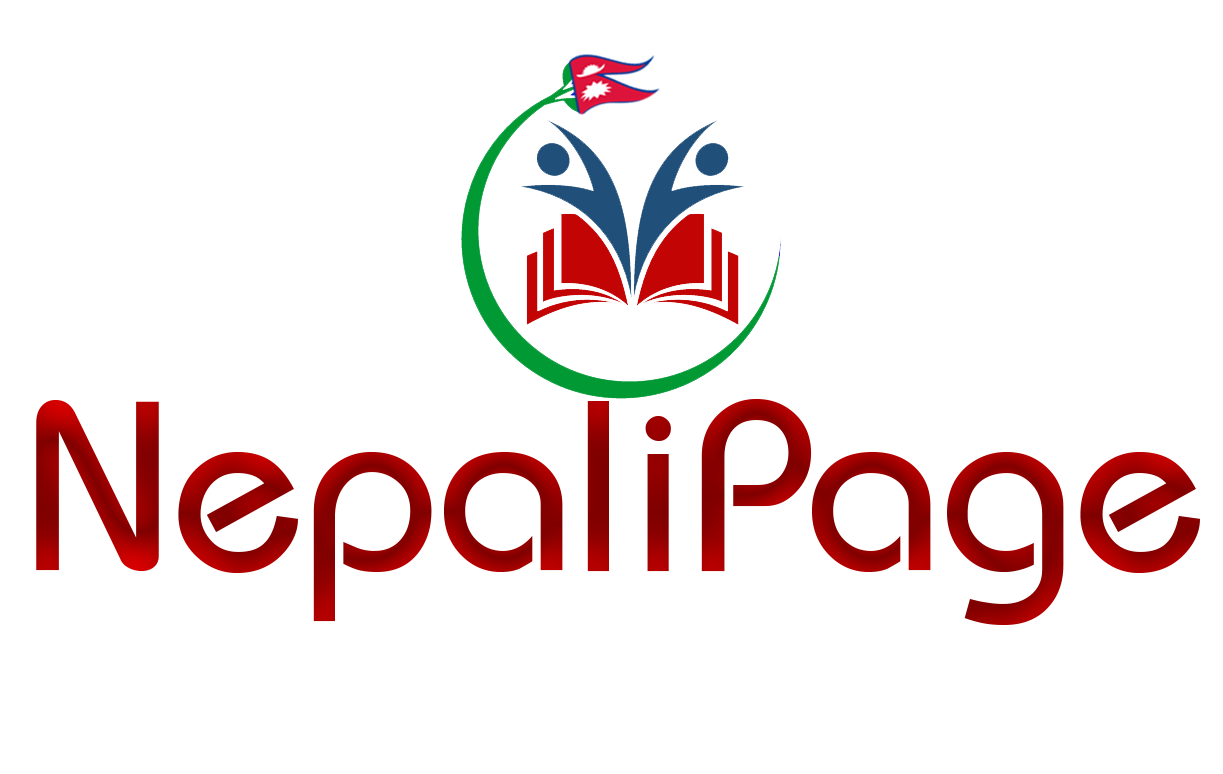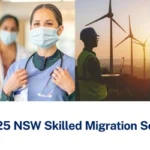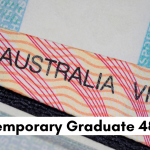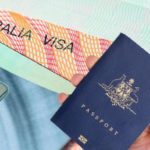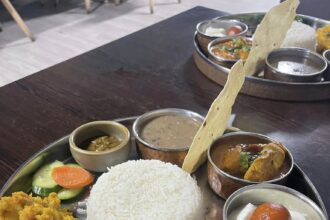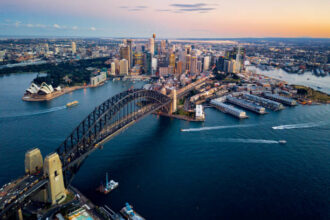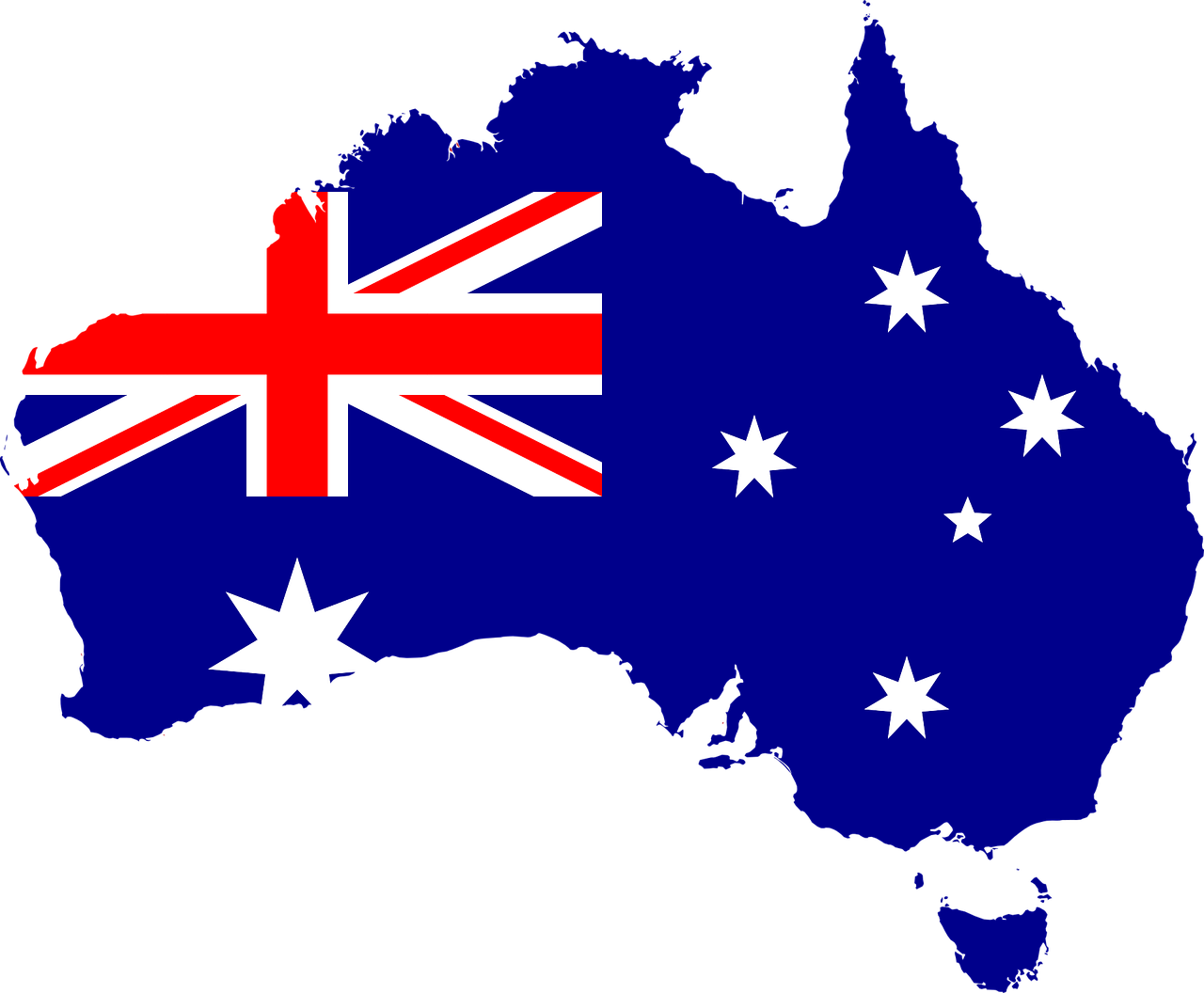 Michelle Grattan, University of Canberra
Michelle Grattan, University of Canberra
The Morrison government has delayed its plan to open the international border on Wednesday to skilled workers and students, as it awaits more information about the Omicron variant of COVID.
Cabinet’s national security committee on Monday night paused the reopening – that also included humanitarian, worker holiday makers, and provisional family visa holders – until December 15.
The reopening to travellers from Japan and South Korea will also be deferred.
On Tuesday the national cabinet will meet to discuss the latest development in the pandemic.
The government said that in deferring the border opening it was acting on the advice provided by the Chief Medical Officer Paul Kelly. The pause would ensure time to gather the information needed “to better understand the Omicron variant”, including how effective the vaccines are against it.
Currently the border is closed to all but vaccinated Australian citizens and permanent residents and their families and vaccinated “green lane” travellers from Singapore and New Zealand.
The deferral is a blow for businesses facing serious shortages of workers. In a comment in anticipation of the deferral Innes Willox, chief executive of the Australian Industry Group said, “We need to avoid jumping at shadows as every new COVID variant appears.
“COVID is in the community whether it is Delta or Omicron or whatever the next variant will be. Rather than more stimulus, the best support for business will come from sticking to the living- with-COVID plan and keeping our state and international borders open.”
On Wednesday the September quarter national account figures will be released that will show the economy going backwards in that quarter due to lockdowns. But on all the evidence it has been recovering strongly since.
With a handul of cases of the Omicron variant now in Australia the government is cautiously optimistic that it may be a mild illness but is taking no chances.
Health Minister Greg Hunt said: “This may be a mild version of the disease. It’s still COVID, it’s still dangerous, but there may be some quiet positive hope in what’s emerging, but it’s too early to make a definitive call”.
He has asked the Technical Advisory Group on Immunisation to review the current period between second vaccine doses and the booster shot, which is six months. The government has plenty of boosters available and would bring them forward if that were the advice.
Budget on March 29
Meanwhile the government issued the parliamentary sitting calendar for next year, that puts the budget on March 29, which would mean a May election.
Scott Morrison has been signalling recently he wants another budget before the election, although some believe it would be wiser to go to the polls in March, thus avoiding having parliament sit again after this week.
When an interviewer on Monday referred to a March election, Morrison said, “the election is due by the third week in May”.
Opposition leader Anthony Albanese told the ABC the calendar showed “it’s likely, even if there’s a budget, that we will sit a grand total of 10 days the House of Reps and five days the Senate in the first six months of next year”.![]()
Michelle Grattan, Professorial Fellow, University of Canberra
This article is republished from The Conversation under a Creative Commons license. Read the original article.

